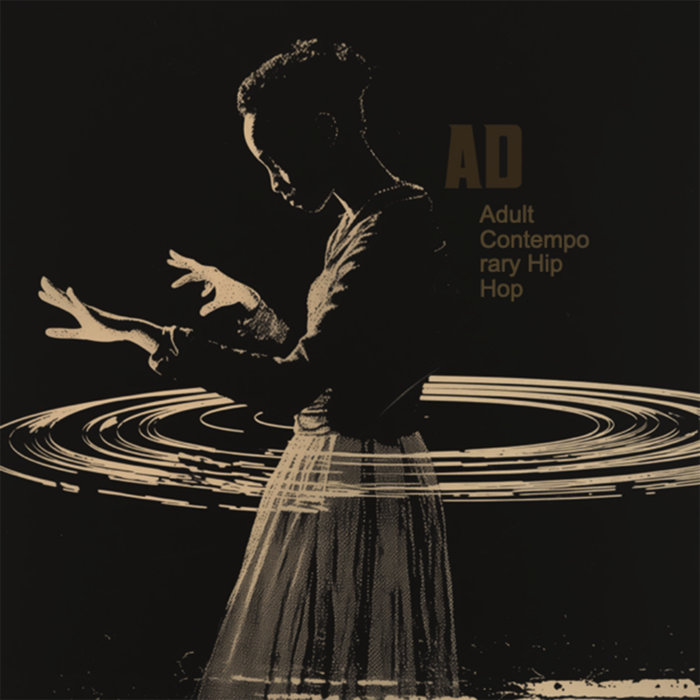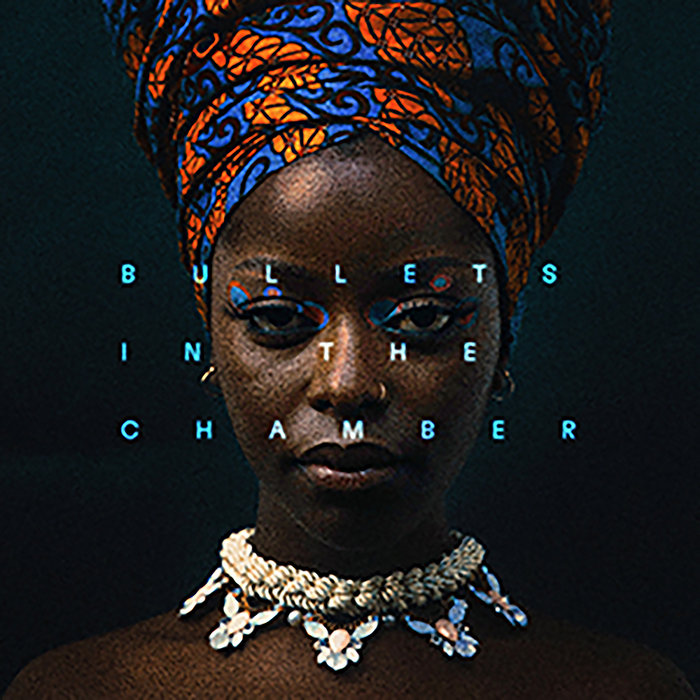
Flowers – Arrested Development
this blog is GROOVY – check out great Soul, Funk, Jazz, Hip Hop, Bass, Breaks , Reggae, House n many more TUNES
Hey there, hip-hop heads! Let’s take a funky ride through the world of conscious rap. This genre has been like the wise sage in the ever-evolving realm of hip-hop—bringing some serious thoughts while still making you want to groove. So buckle up as we explore its roots, vibe, and those funny little quirks about some artists.
Before we dive in, let’s break down what we mean by “conscious rap.” It’s that style where MCs mix their slick rhymes with social issues, political messages, and personal reflections. Think of it as your favorite rapper putting on their philosopher hat while keeping it real. It’s all about awareness—of self and society!
Kicking off back in the late 1980s and early 1990s, conscious rap emerged as a response to mainstream hip-hop’s more bling-bling-centric themes. Groups like A Tribe Called Quest, De La Soul, and Public Enemy were at the forefront. Public Enemy said it best: they were not about “money for nothin’” but rather “fight-the-power” vibes.
The golden era (around ’88 to ’93) saw music that spoke volumes—not just beats but deep messages concerning racism, poverty, identity, and equality. And guess what? They didn’t shy away from mixing humor into their serious topics!
You know how fans debate who truly paved the way? Well, Chuck D was straight-up against Vanilla Ice’s bubblegum approach! He famously called him out for not representing true rap culture—talk about taking things personally!
As we skrrt into the late ’90s and beyond, conscious rap evolved yet again; enter artists like Common, Mos Def (now Yasiin Bey), and Talib Kweli who brought fresh voices to this narrative-driven style.
In 2000 with albums like “Like Water For Chocolate,” Common really pushed boundaries. His tracks were smooth yet introspective—the perfect blend for chill sessions or deep thinking nights.
Did you know that Mos Def is also a celebrated actor? He starred alongside folks like Jack Black in Be Kind Rewind (2008). Picture him seamlessly switching from fire bars to comedic acting—all while rocking colorful outfits that could make any ‘90s kid jealous!
Fast forward into today’s scene! We see artists such as Kendrick Lamar, J Cole, and even newcomers like Saba pushing conscious themes mixed with modern beats—a fusion of classic styles sprinkled with current flavor.
Kendrick blew our minds with tracks on To Pimp A Butterfly focusing deeply on systemic oppression while also serving up jazzy grooves—we couldn’t help but bop along while questioning societal norms.
Remember when J Cole threw his own festival called Dreamville Fest? In 2019 upon an unanticipated rainstorm turned everything muddy—as if nature wanted its own part-time gig at being an artist! But hey; nothing says “we’re here for good times” quite like muddy Air Jordans at a dope show!
Conscious rappers tend to drop lyrics that stick right in your mind—they make you think more than twice! Kendrick’s song “Alright,” became an anthem during protests against police brutality—it encapsulates hope amid struggle—and dang if those horns don’t get your head nodding too.
But humor doesn’t escape these lyrical maestros either:
“Sunshine…” he whispers,
“I’m gonna find my way.”
While contemplating life
With a chuckle every day—
See what I did there? Even deep thinkers can have fun playing around with words!
So why does conscious rap resonate so much? Because it challenges us—not just musically—but mentally too! It gets us vibing on deeper levels without losing rhythm or spirit; blending joy amidst concern is no small feat—and these artists nail it every single time.
From days gone by till now—it shakes hands across generations striving toward truth-telling through groovy rhythms painting vivid thoughts—all wrapped up nicely alongside hilarious quirks embodying humanity itself!
In conclusion folks—the history flows thick and fast within this genre embracing both wit & wisdom equally balanced giving rise forevermore—a musical journey that’s sure never-ending…and honestly…that’s exactly how hip-hop should be!
So next time you’re bumping Kendrick or jamming out J Cole—remember behind each rhyme lies layers beyond surface glam just waiting for listeners ready groove along deeper journeys themselves.
Stay tuned & keep those playlists pumping loud ‘n proud friends—that spiritual sound moves many young minds searching clarity beneath life’s amusing chaos!

Flowers – Arrested Development

Crowd Surf (feat. DoitAll, 1 Love, Fareedah, Dee Wiz, Configa & Speech) – Arrested Development